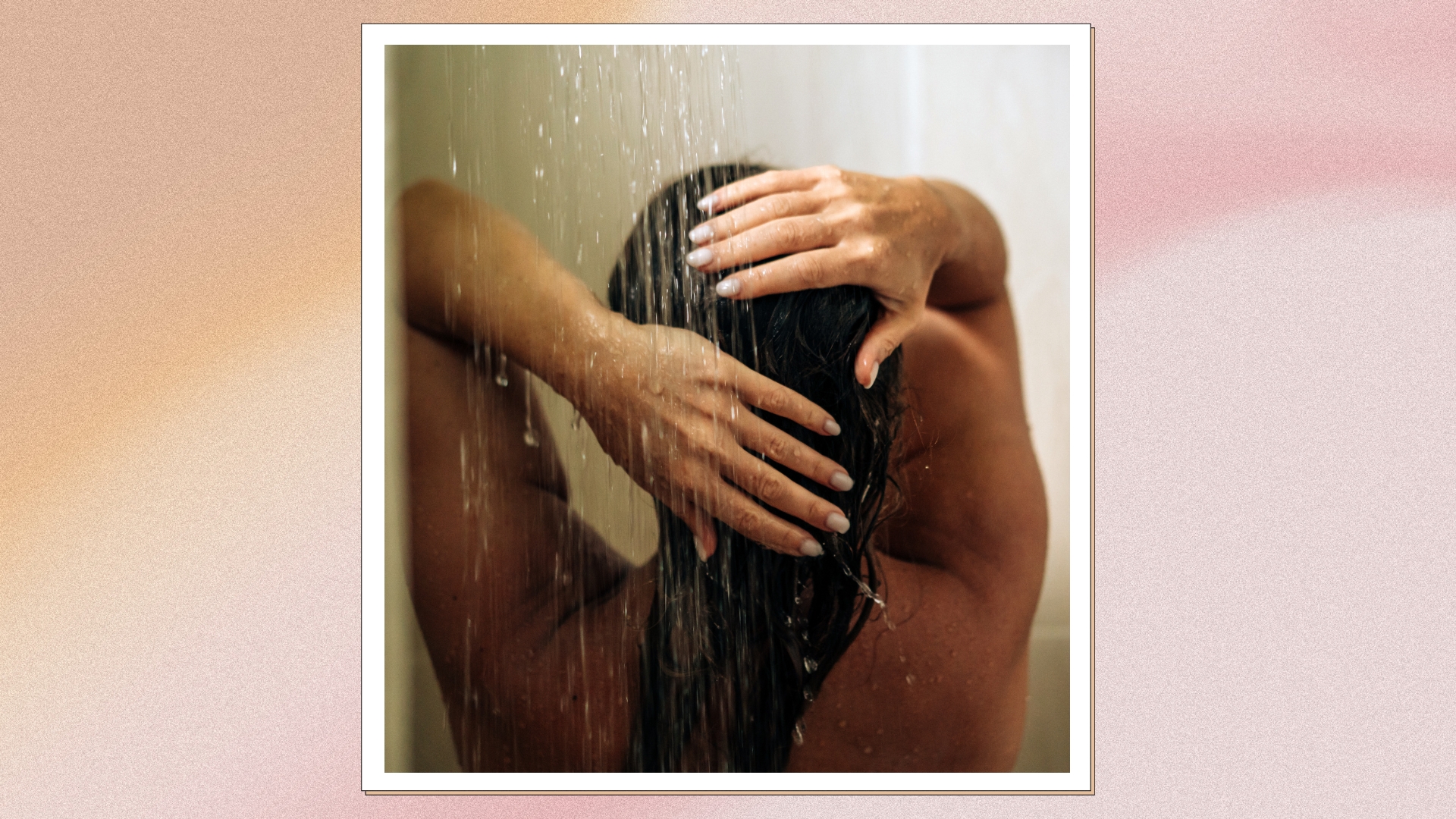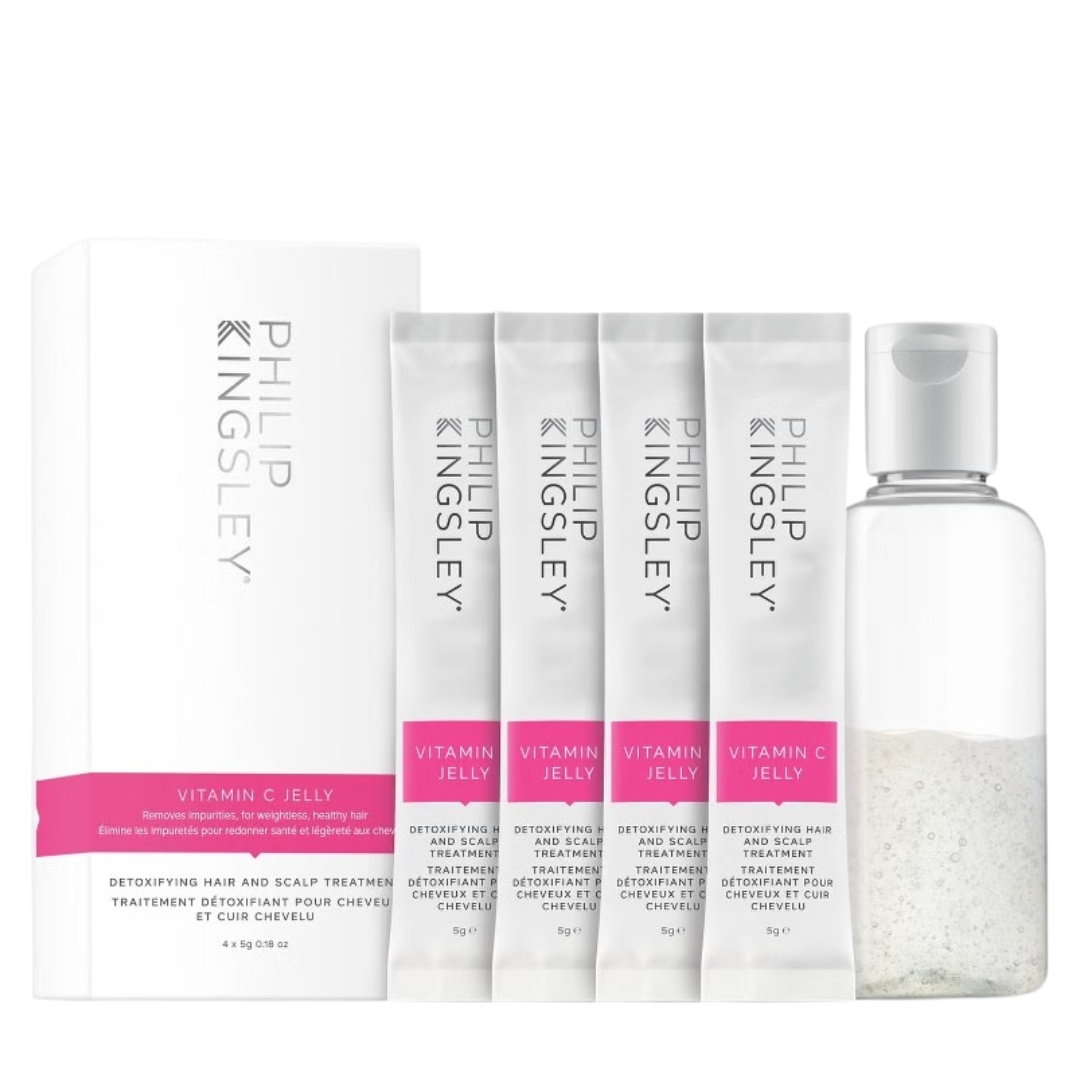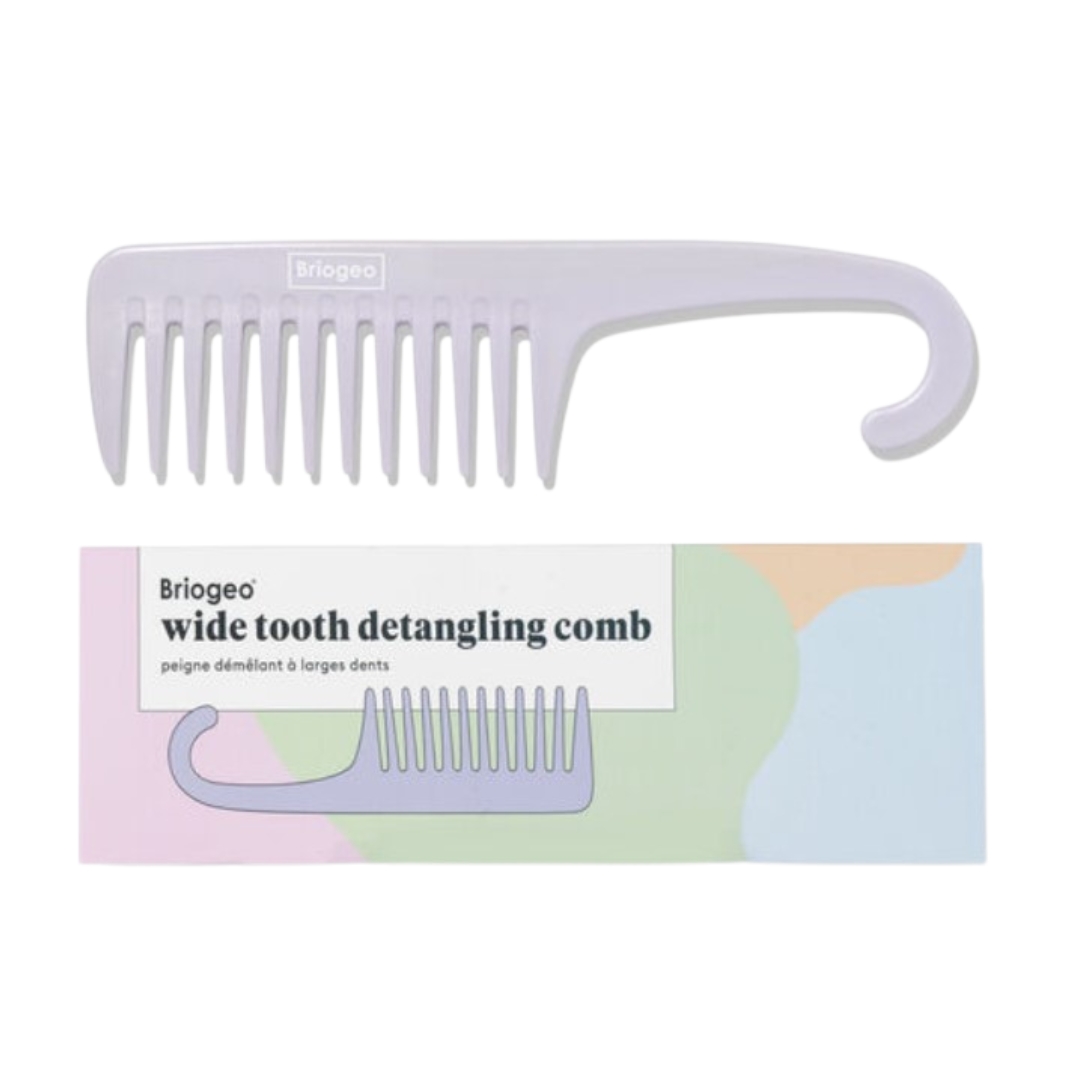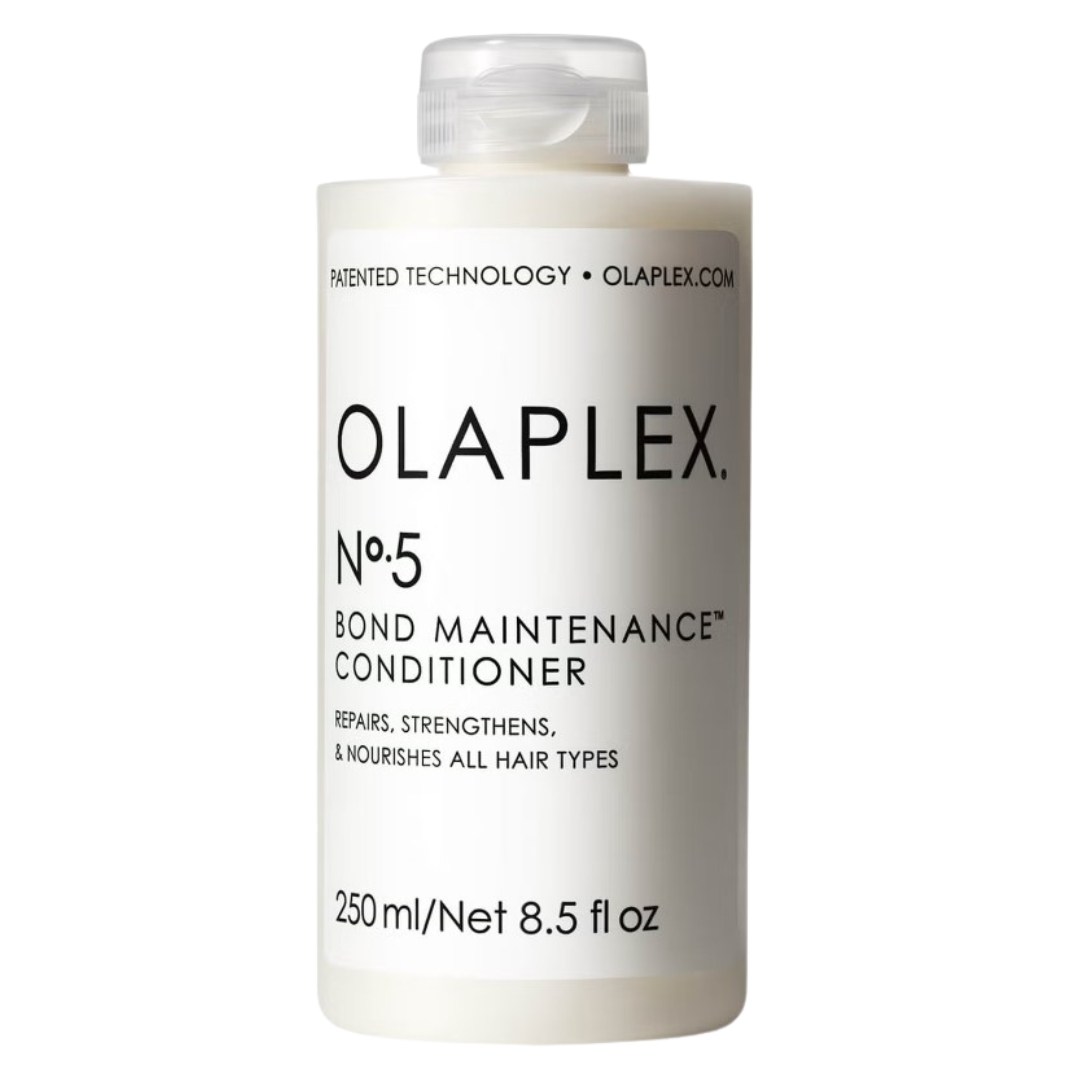
While cleansing your hair - and particularly your scalp - is paramount for a healthy, natural sheen, if you're a lover of hot, hot showers, you may want to listen up...
Whether you're someone with curly hair and are thus, turning to the best hair dryers for curly hair, or have dry and damaged strands and are seeking out the best at-home keratin treatments, having a targeted haircare routine is key. When it comes to a shiny finish though, many of us tend to forget that that too, starts with our hair health - and more specifically, our scalp health. And while oils and other radiance-boosting products can help aesthetically, achieving a natural, lasting shine is a tad more complex than that.
Esepcially it seems if you're a lover of hot showers. Sadly, no matter how calming and comforting the steamy stream can be, according to the pros, scolding our scalps isn't doing our quest for shiny hair any favours...
Why hot showers can be bad for shiny hair, according to pros
Regardless of how good it can feel to run hot water over your head and face, to wash away the day along with all the suds from your favourite shampoos, Nicola Wood, leading hair professional and founder of Hair Made Easi says it can actually be detrimental to our scalps - and thus, our hair's natural shine.
"Steaming-hot showers can strip your scalp of all the essential nutrients and oils that healthy hair needs. Hot water dries the scalp and makes routes weak which causes frizz and also thins the hair too. It can also make your hair overly porous, and this again encourages breakage, brittleness and flyaways," says Wood.
Anabel Kingsley, Brand President and Consultant Trichologist at Philip Kingsley also explains that while warm, steamy showers can be great for lifting the hair's cuticle, which allows for deep cleansing and conditioning, this can also leave your hair prone to dehydration. Plus, "If the shower is too hot it can leave your scalp feeling dry and itchy."
What should you do instead?

RRP: £29
Anabel Kingsley, Brand President and Consultant Trichologist at Philip Kingsley recommends this scalp treatment for achieving healthy and radiant strands. This powder-to-jelly formula is enriched with vitamin C to target dull and damaged hair, leaving it nourished and strengthened.

RRP: £10
To detangle whilst minimalising damage, Wood recommends using a wide-tooth comb in tandem with your best conditioners for fine or thick hair, to help the teeth glide through your hair. Combing through your conditioning products will also help to even saturate your lengths - for maximum hydration.

RRP: £28
This cult-favourite conditioner works is suitable for all hair types but is specifically designed for weakened hair - from frequent colouring, bleaching and heat styling - and works to deeply nourish the strands, whilst also reducing the appearance of split ends and flyaways. The result is softer and most importantly shinier-looking hair.
- Wash your hair with warm/lukewarm not hot water and always follow cleansing with conditioner - to seal the hair's cuticle
So what should we do instead, to ward off the potential damage hot water can bring? "I always recommend having cold showers or at least finishing your showers with a minute of cold water," says Wood, adding that, "this will close the pores and will also leave the scalp cool and calm too."
For maximum protection though, Wood says to, "opt for lukewarm showers or just lower the temperature before hair washing."
Kingsley reminds us that, "you don’t want to be at risk of burning your scalps, so keep temperatures warm but not too hot." As mentioned, warm water can help to lift the hair's cuticle, which Kingsley says: "can be great for cleansing and penetration of deep conditioning treatments but when the cuticle is lifted hair is also prone to moisture loss, dehydration and colour fade, which is why it is important to seal your strands with conditioner after you shampoo." So don't worry, there's no need to forgo warm and soothing showers altogether, just make sure the water isn't too hot and be sure to add one of the best conditioners for curly hair - or whatever your hair type - to keep your strands healthy and hydrated.
Post-shower, another area to be aware of is brushing your hair while it's wet. Wood says: "Once your hair is wet, you mustn’t brush it. Your hair is in its most fragile condition when it’s wet," and recommends leaving your hair to air dry or - if brushing is necessary - using a wide-tooth comb, to gently detangle.
Wood adds: "If you're concerned with being able to detangle, try doing so while your conditioner is in your hair by keeping a wide-toothed comb in your shower. Your hair is less likely to break with the slip of the conditioner, allowing you to work out knots before your hair dries." This method will also help to distribute your condition through your strands, for more hydration and thus, shine.







